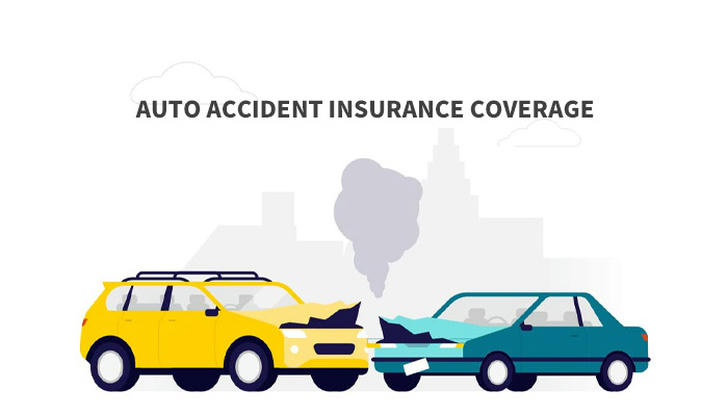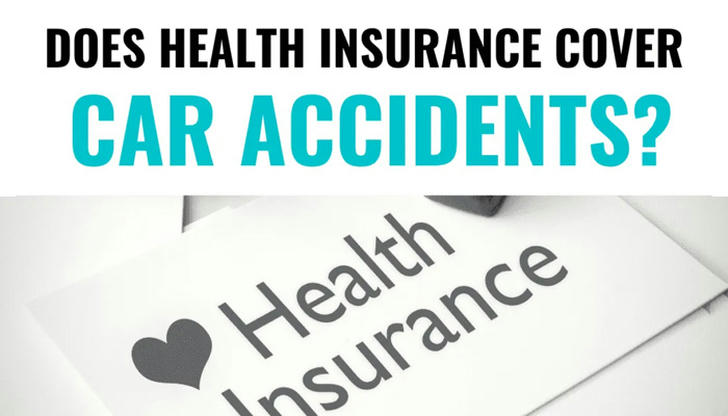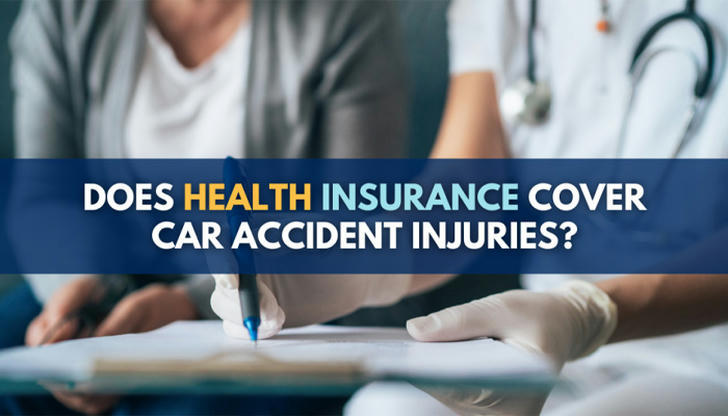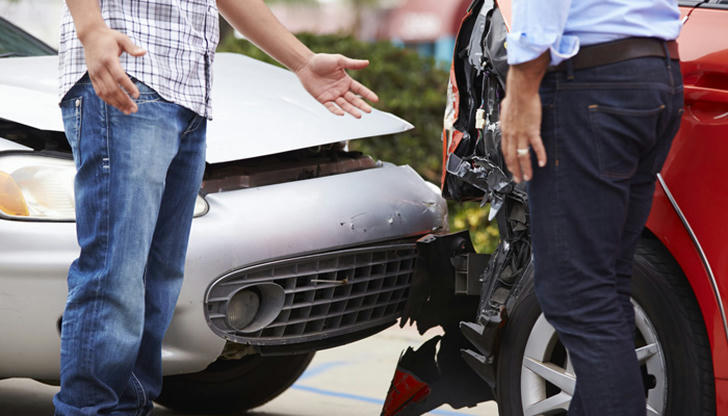Exploring Easy Auto Loans for Quick Car Purchases
Auto Accident Insurance Coverage

Accidents are never planned, and when they do occur, knowing which insurance to file a claim for your injury can help ease your financial stress. Health and auto insurance both play vital roles in protecting you, but their covers and procedures to file claims are very different. Discover how both types of coverage work concerning an auto accident.
Does Health Insurance Cover Auto Accidents?

Health Insurance Coverage
Health insurance serves to cover the cost of expenses arising through hospitals, surgery, and drugs, among other medical treatments for conditions or injuries. However, it does not explicitly state how it will cover injuries resulting from car accidents hence ambiguity.
Auto Accident Coverage Explained
Health insurance typically pays your medical expenses if you are involved in a car accident but there are some exceptions. Some health insurance may be subject to the requirement of reporting an accident through your car insurance company, for instance. In such cases, although it would initially settle for your treatment, your health insurance provider would seek reimbursement from the insurance of the other guilty party.
Coordination of Benefits
Health insurance may go hand in hand with auto insurance. Use your car insurance as an example: If it includes Personal Injury Protection, or Medical Payments (MedPay), those benefits would be your best bet and would go into effect before your health insurance. It's only when those benefits are exhausted that your health insurance will start to help with additional costs. The procedure is called "coordination of benefits"; it allows you not to be double-crossed in billing but to utilize as much coverage as possible.
Does Health Insurance Pay for Car Accident Injuries?

• In case of an accident, immediately seek medical attention. As soon as possible, inform the health insurance company about what happened and as clearly as possible seek out how you'd go about filing a claim. Medical bills and reports of the accident must all be documented to perfect the claims process.
• Health insurance can cover less when injuries are the result of accidents. Certain policies also cancel damages from negligence-based or crime-related cases, for example driving under intoxication. Rehabilitation and long-term care related to accident injuries are generally not covered but may have to be authorized beforehand.
Medicare/Medicaid Problems
Similar rules apply in the case of someone who is under Medicare or Medicaid. They can normally collect medical expenses but possibly also have to pay back that money if a settlement is reached with an automobile insurance provider. It is in the fine print, of course, that such rules become important for steering clear of an unexpected liability.
Difference Between Health and Car Insurance for Accidents

Health insurance covers hospital and medical costs for almost all ailments brought on by sickness or injury. Car insurance, on the other hand, covers all costs and injuries incurred from car accidents. There are three broad areas of coverage: repairing automobiles, liability for other damages, and the cost of medical expenses for people injured.
Primary vs. Secondary Coverage
If you have PIP or MedPay in place, car insurance is generally going to pay first on all the medical expenses related to a car accident. Health insurance, then, will be the second payer, applying to pay only after the benefits from car insurance have been exhausted. This difference is pretty important to know how your claims are going to get handled.
Specific Variations of Claims Handling
Health insurance claims are mostly on a medical necessity, and these require pre-approvals for treatment or procedures. Car insurance, on the other hand, focuses on fault, liability, and policy limits. For example, when another driver is at fault, his or her insurance may pay for your medical expenses, thus reducing the burden on your health insurance.
Practical Examples of Coverage Overlap
Let's consider an example. Suppose you are in an automobile accident and you incur some medical expenses of $20,000. Your auto insurance will pay the first $10,000 as PIP. Your health insurance will also be glad to take care of the remaining $10,000 according to its policies. Coordination saves you dollars pocketed out because your limits of cover are assumed to be adequate.
Conclusion

Though it will be slightly challenging to deal with automobile accident insurance coverage, it does matter when you know how health insurance and car insurance play into each other. Health insurance will pay for almost all your medical expenses, but car insurance focuses on your vehicle damage and liability, as well as your injuries from the accident. Knowing which one to claim when saves you money through out-of-pocket costs and helps to protect you much better.
Take the time to review insurance policies, ensure an understanding of what your coverage and deductibles are, ask questions from your providers, and maybe add additional coverages such as PIP or MedPay as additional coverages for the gaps. So be proactive today to save you tomorrow from financial stress.
